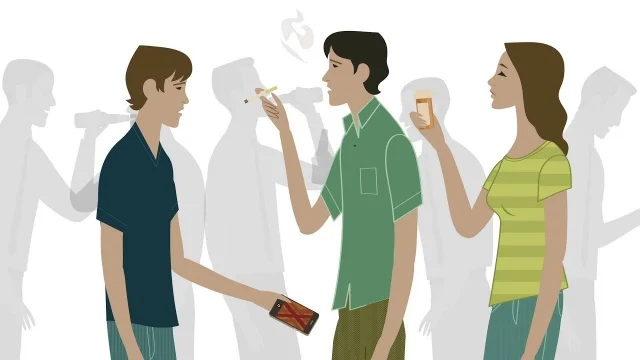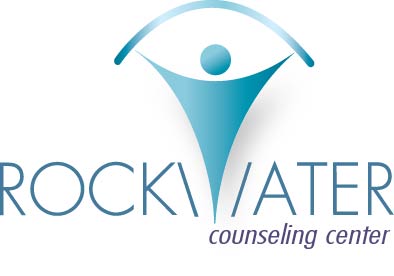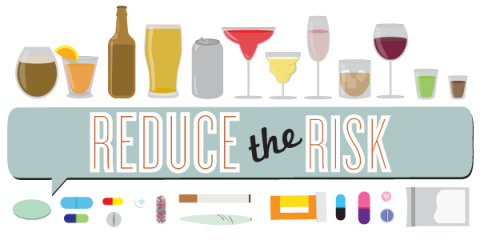Adolescent and Addiction
Treating adolescent substance abuse not only involves treating the abusive behaviors, it also involves identifying other important aspects of their lives. For instance, behaviors, mental health and family problems which can be linked to substance use in adolescents.
Although we provide services for early intervention and substance use disorders, the information below can help identify if addiction is prevalent in an adolescent's life.
DRUGS OF TODAY
Alcohol | Marijuana | Prescription Drugs | Inhalants
Brain Development
An adolescent's brain is not fully developed until about age 25. Therefore, when substance abuse begins at a young age, they are not capable of understanding fully the consequences to their actions. Heavy drug use may cause permanent changes in the way their brain will function. And as a cause to this effect, the adolescent can get stuck at the mental age in which they began using drugs/alcohol. For example, if a person is 25 and they started using alcohol/drugs at age 15, they have the mental capacity of a 15 year old.
RWCC provides various levels of addiction / substance abuse treatments for adolescents and adults in an early intervention program and provides referrals to facilities that serve a higher level of care beyond early intervention or in-patient facilities.



